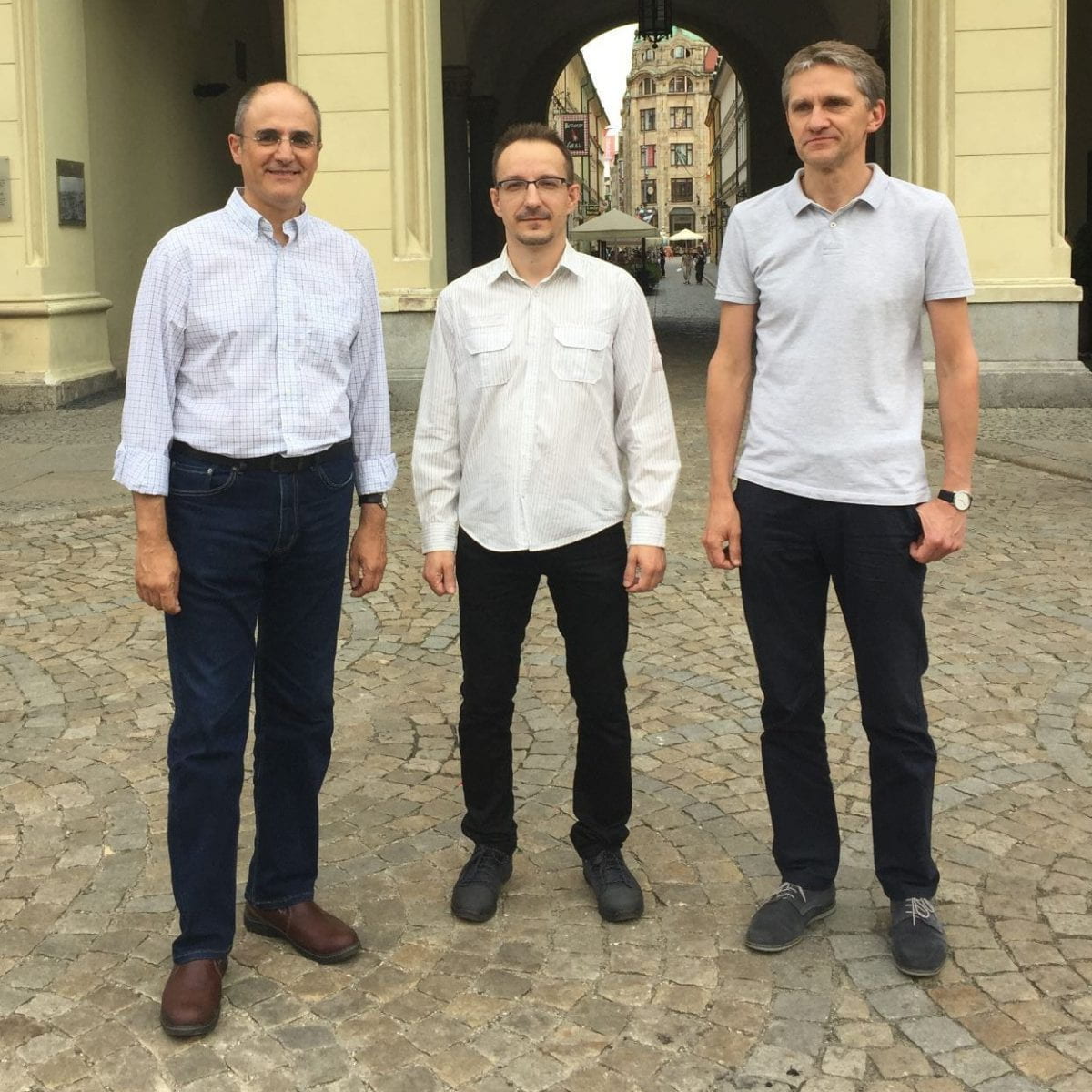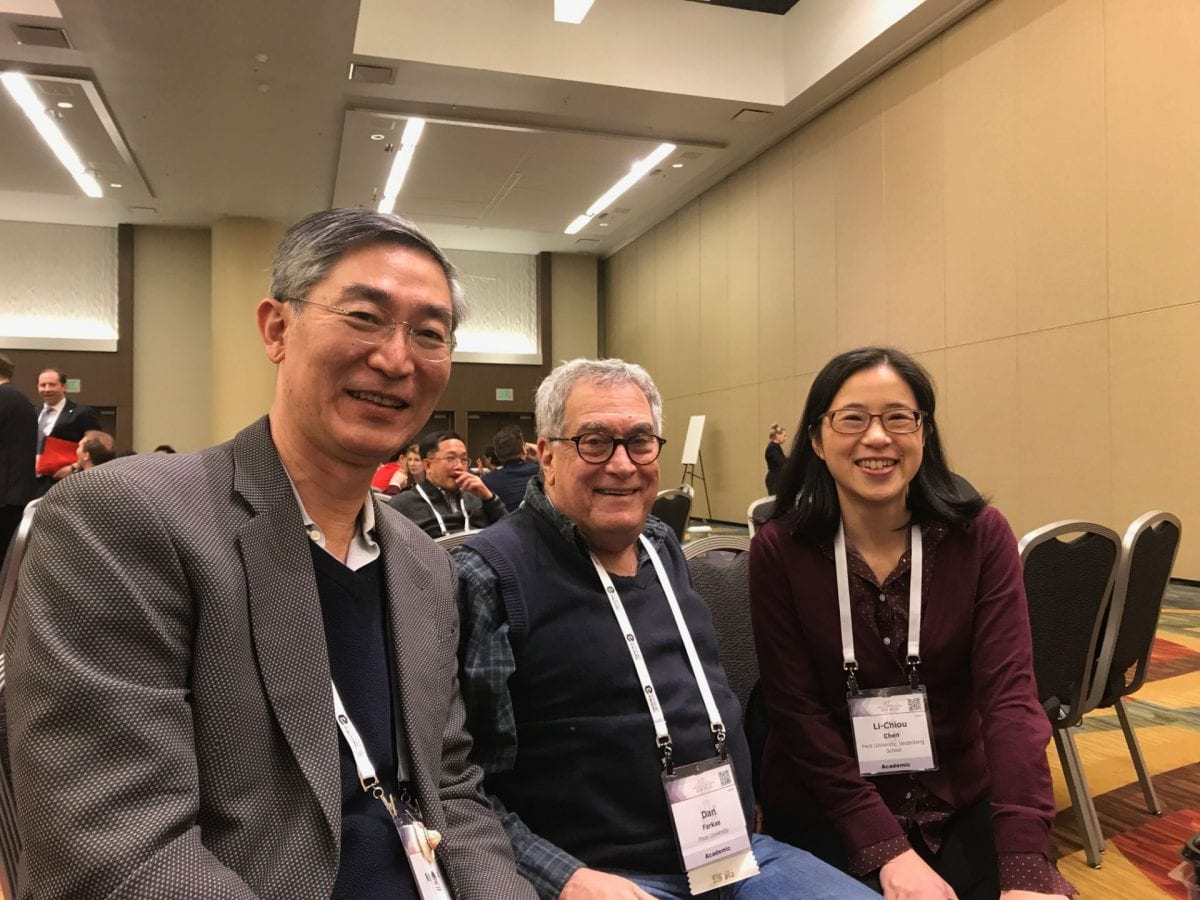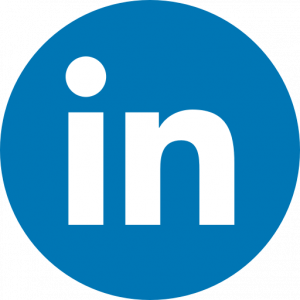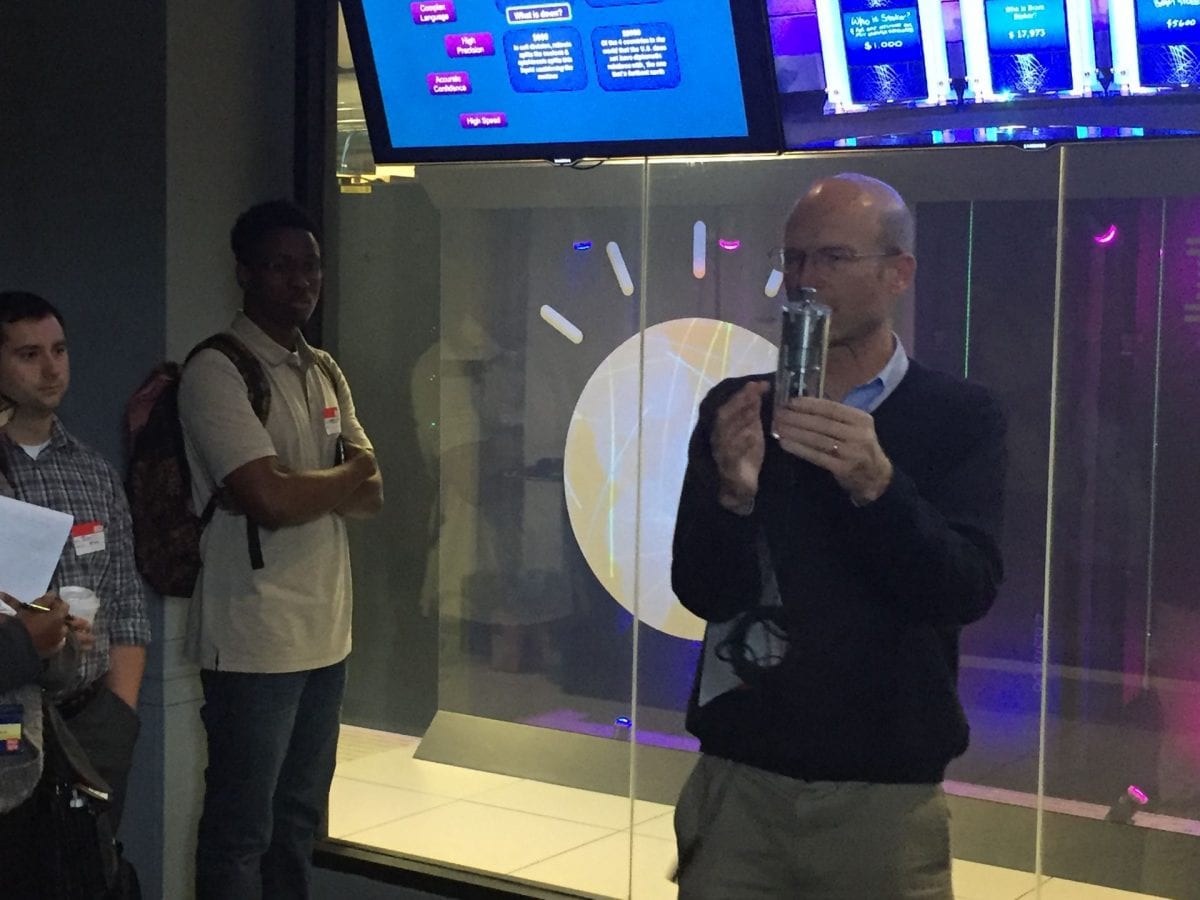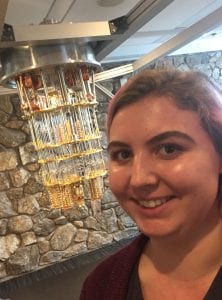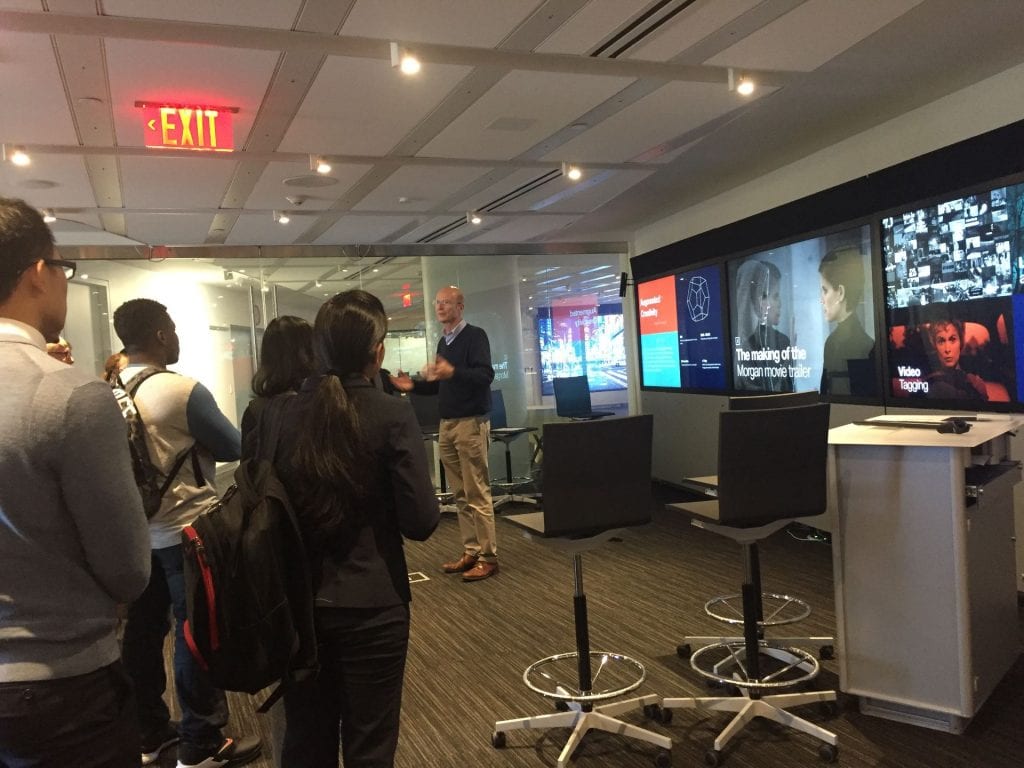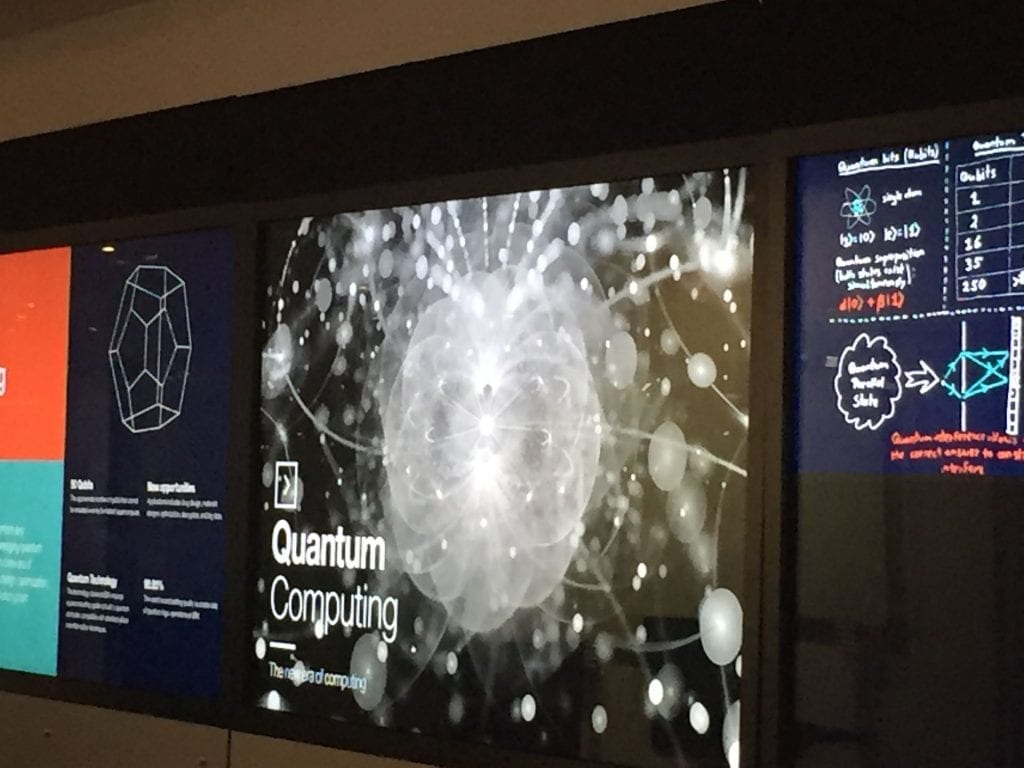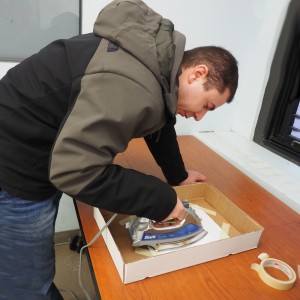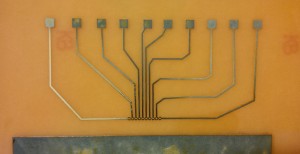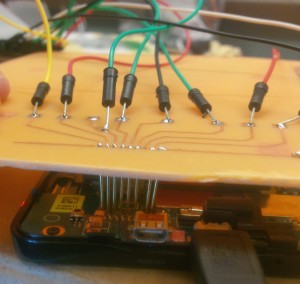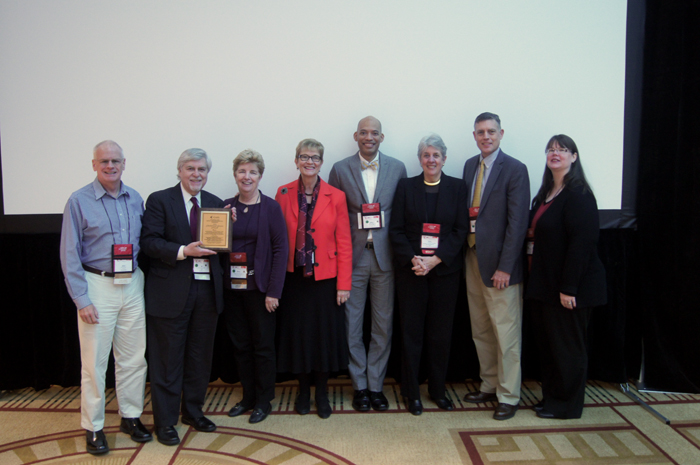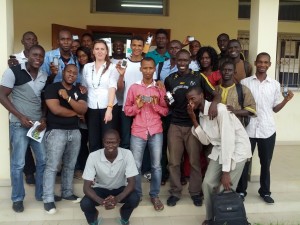The Seidenberg School of Computer Science and Information Systems is proud to announce that the work of one of our very own community members, Associate Professor Miguel Mosteiro (as seen on the far left), has been accepted by the Journal of ACM for publication. The ACM, or the Association for Computing Machinery, is an organization that “brings together computing educators, researchers, and professionals to inspire dialogue, share resources, and address the field’s challenges.” Through the ACM, members of the computing community are constantly encouraged to expand their knowledge and discover new ways of thinking.
Miguel’s article on “Polynomial Counting in Anonymous Dynamic Networks with Applications to Anonymous Dynamic Algebraic Computations,”, which also won an award for best paper at ICALP in 2018, will soon be added to the ACM’s list of prestigious journal publications. With papers ranging from top research institutions like Massachusetts Institute of Technology, Princeton University, and Cornell University, it is an honor to have Miguel be recognized amongst other top educators in this field.
“These results received the Best Paper Award at ICALP 2018, the flagship conference of the European Association of Theoretical Computer Science and top 4 worldwide, and now were accepted for publication at the Journal of the Association for Computing Machinery (JACM),” Miguel explains. “To have one’s work published in JACM is an important accomplishment for a CS researcher. The ACM is the top scientific computing society worldwide, and JACM is the top 1 journal venue* in Theoretical Computer Science (TCS). I am honored to have our work on ADNs so recognized by the TCS scientific community, and I look forward to continuing this successful line of work.”
Congratulations to Miguel Mosteiro on his accomplishment. The Seidenberg School is proud of his work on dynamic networks and we’re excited to cheer on his future achievements moving forward!


